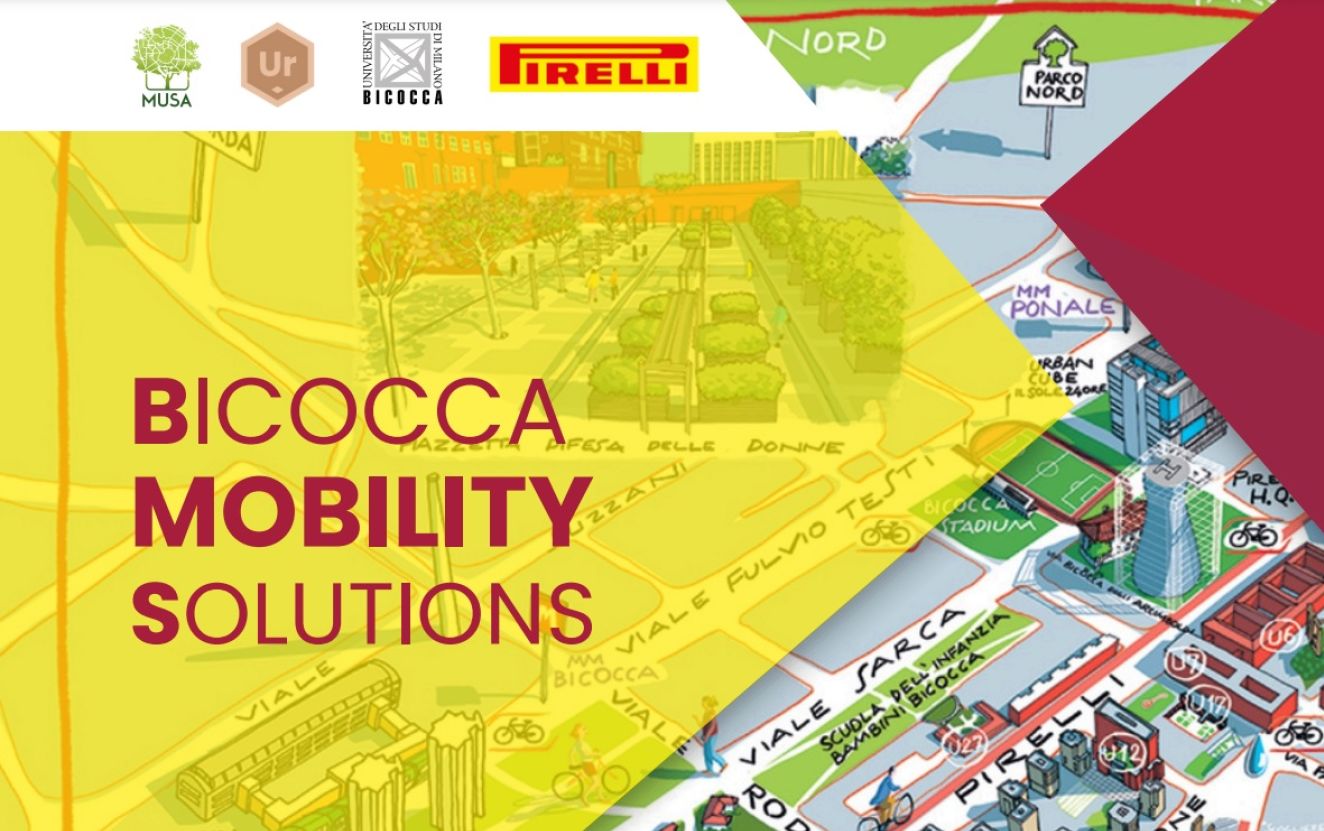Technology, participation, and sustainability to reshape urban mobility for the future, Bicocca Mobility Solutions builds a bridge between innovation and practicality to transform cities into more livable spaces.
The Joint Lab BMS – Bicocca Mobility Solutions is a collaborative project between the University of Milano-Bicocca and Pirelli, designed to address the challenges of urban mobility with innovative and sustainable solutions. This laboratory stands out for its integrated approach to research and development, focusing on the needs of urban communities and environmental preservation.
The initiative aims to transform mobility through advanced technologies, data analysis, and participatory models. Utilizing tools such as GPS, GIS, mapping, and data mining, the laboratory collects and analyzes information on mobility flows and territorial dynamics. These insights support the planning of effective interventions and policies that enhance urban livability. The laboratory goes beyond theoretical research, actively implementing practical solutions to foster the transition towards smarter and more sustainable mobility.
One of the tools developed by BMS is the Walkability Audit Tool, which evaluates the walkability of urban areas. This system analyzes factors such as the quality of pedestrian infrastructure, perceived safety, and accessibility to key points of interest, providing recommendations to improve public spaces and encourage walking.
The laboratory also assists companies and urban districts in drafting the Home-Work Travel Plan (HWTP). This strategic tool examines the mobility habits of workers and students, aiming to reduce private car usage and promote more sustainable transportation modes. Through detailed analyses, BMS contributes to designing tailored solutions for specific contexts, enhancing the quality of urban life.
A distinctive aspect of the laboratory is the application of nudging, a strategy that leverages behavioral stimuli to guide individuals toward sustainable mobility choices. For instance, the laboratory develops gamification tools, such as encrypted mobility tokens, which reward users for reducing CO2 emissions. These tokens can be redeemed for shared mobility or micro-mobility services, encouraging virtuous behavior and fostering a circular economy.
The focus on technology is also evident in the development of indoor/outdoor pathfinding algorithms, aimed at improving last-mile mobility. These systems consider variables such as traffic, air quality, and user preferences, offering personalized routes that integrate various modes of transportation in real-time.
Beyond technological aspects, BMS is committed to analyzing and improving business models in the mobility sector. The laboratory supports companies and administrations in optimizing resource management and developing sustainable policies. Through benchmarking, BMS identifies best practices, promoting responsible and innovative governance that supports long-term solutions.
The Joint Lab BMS – Bicocca Mobility Solutions serves as a benchmark for the transition to more sustainable and inclusive urban mobility. With a combination of advanced technologies, participatory approaches, and innovative strategies, the laboratory helps redefine how cities address mobility challenges, paving the way for a greener and smarter future for urban communities.





